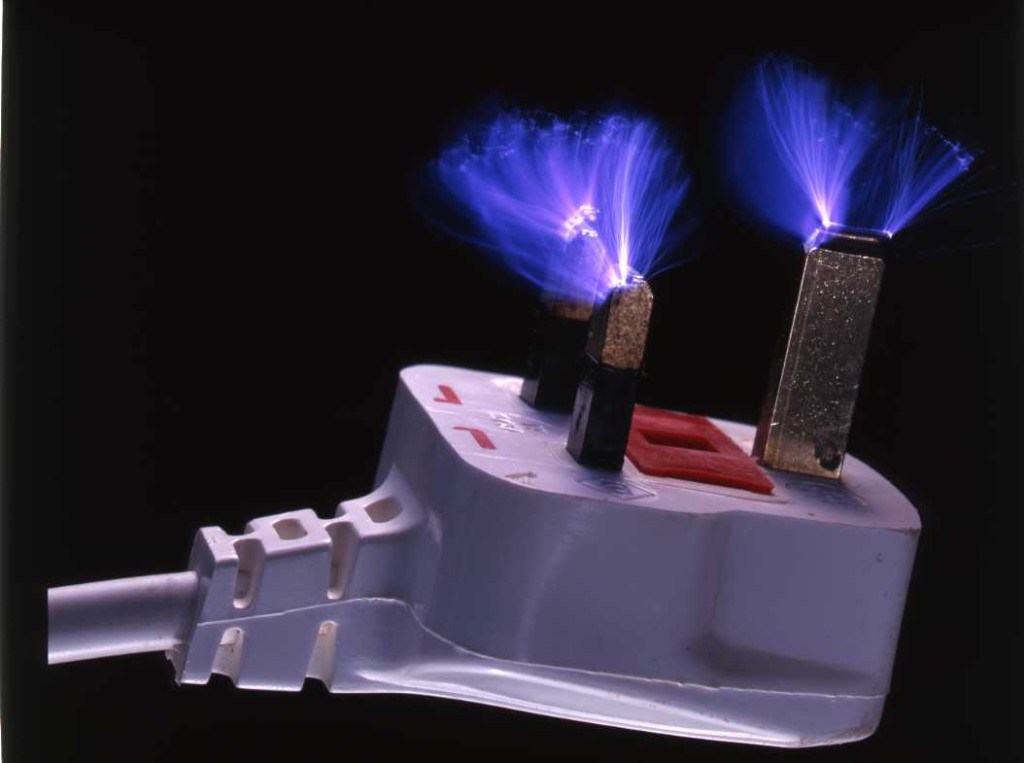Clients and contractors should be well aware that counterfeit cables are extremely unsafe to use.
The rising price of copper initiated a string of consequent problems. The price hike propelled suppliers and merchandisers to take recourse to low grade counterfeit cables. Counterfeit cables are electrical cables of inferior quality and are prone to sudden inflammation. It can easily catch fire because the copper used in the cables is of low quality and sometimes it is made of only small conductors instead of copper. The outer covering of these cables is equally prone to damage due to the lack of quality materials and is frequently seen to snap or rupture after installation.
The use of counterfeit cables is strictly forbidden due to the danger it poses, and if electrical service providers are caught using such faulty cables they can be penalized by the law. Starting from 2001 innumerable cases of alleged use of counterfeit cables and its production have been found and the count is still increasing. The customer is equally liable for buying cables that are of indisputable quality.
The problems generated by the use of faulty counterfeit cables must be curbed. In order to combat the escalating hazards a few measures should be taken for procuring authentic cables. These are enlisted as below:
Evaluating the Product: While making a purchase a few easy features can help buyers to make safe purchases, these are:
- The brand name: Buying from reputable manufacturers’ lessens the risk of getting flimsy products.
- The Cost: Low priced cables from unknown sellers should be avoided
Making informed Purchases: Formulating a strict strategy and implementing it in the trade of electrical equipments is essential. Everyone involved in the trade should be well aware of the hazards of faulty cables. Furthermore, buyers should be notified of the safety norms and authenticity of the electrical cables and equipment while purchasing.
Verifying Product’s Authenticity: Awareness is the most important factor! Before buying cables from a company adequate research should be done about the company and the product. All printed aspects of the product like trademarks or patents must be verified with respect to the manufacturing country.
Examining the Product: Making informed purchases is extremely important! The product itself has multiple markers that are indicative of authenticity. For instance, any authentic cable would have the name of the manufacturing company as well as the country stamped on it.
Checking for valid Approvals: The cables, which are authentic usually, have markers of safety and security etched on them. British Approvals Service for Cables (BASEC) is imprinted on authentic cables. Reels sometimes have BASEC stickers pasted on them, but the imprint on cables is more valid. Quality cables have seals indicative of safety or holograms and therefore these features are to be carefully checked. Purchases should never be made, if the seal is damaged or the hologram is faulty. Printed packaging tags are more reliable than handwritten ones.
Reporting use of faulty cables: If alleged use of counterfeit cables are found it should be immediately reported to Counterfeit Kills. The organization will immediately take stringent measures to remove it from the market, and apprehend the defaulters.
Remember these pointers and save yourself and your property from the perils of using counterfeit cables.












